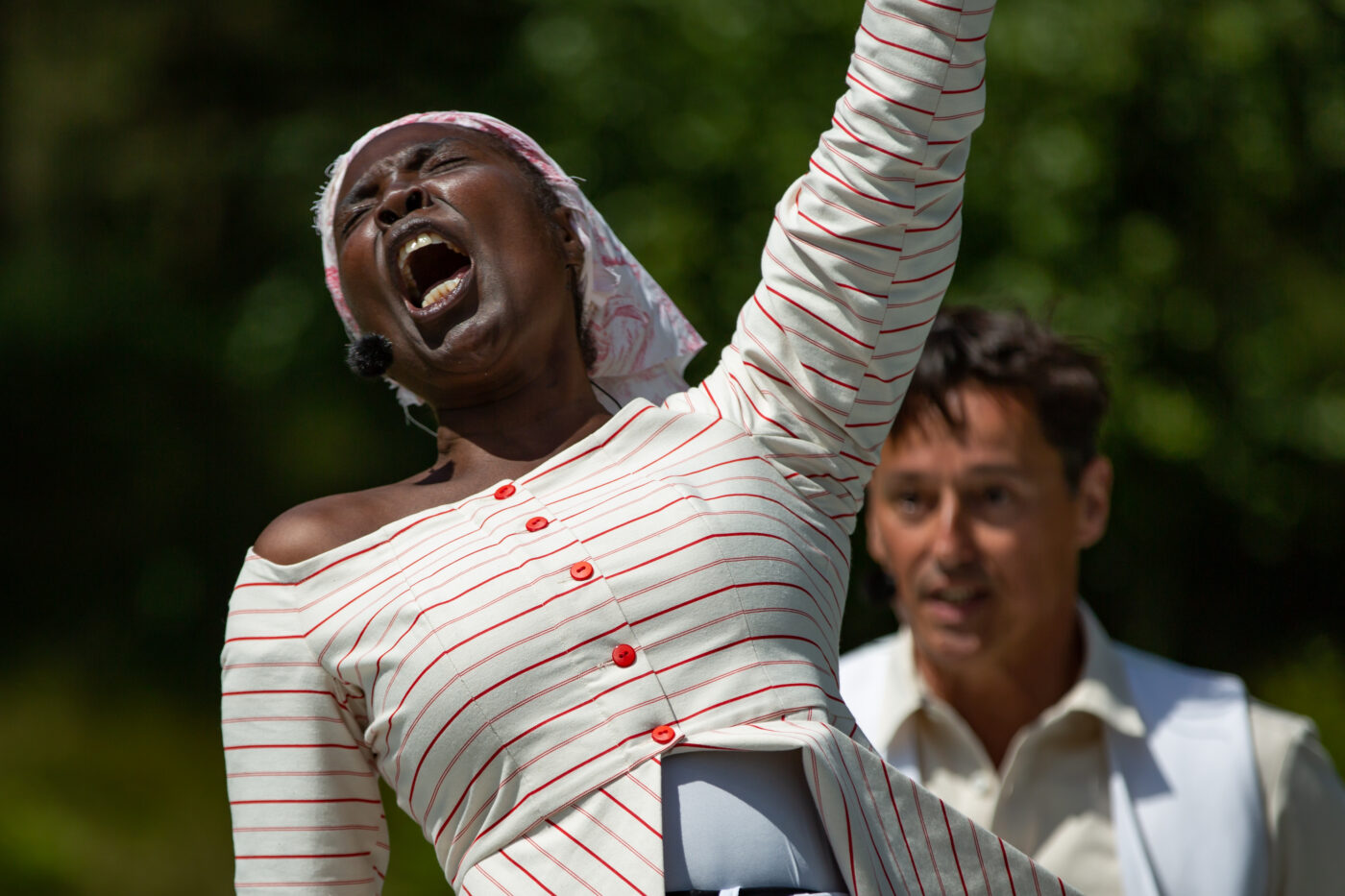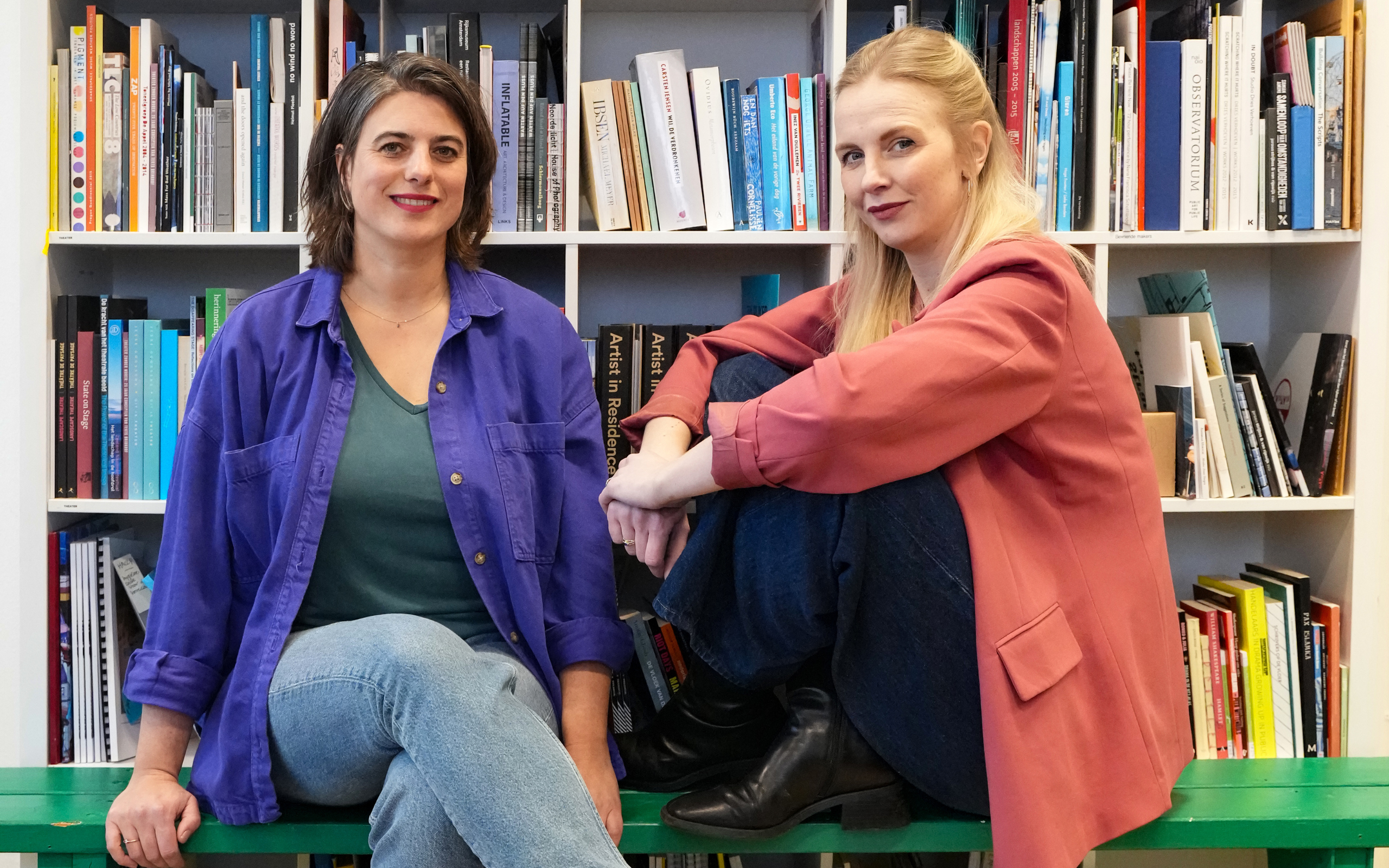And not just this year, because it happens to be a weekend day.
On July 1, 1863, slavery officially ended in Suriname and the former Dutch Antilles, but the enslaved were still forced to work for at least another ten years. The aftermath of slavery still has an impact on our contemporary society. This year, we commemorate and celebrate the abolition of slavery 150 years ago. The government has also announced that from July 1, 2023, to July 1, 2024, it will be a year of remembrance.
Although there is currently much attention on July 1st (also known as Keti Koti or Dia di Abolishon), this day is not yet officially recognized as a national memorial and holiday in the Netherlands. Oerol Festival has decided to make a statement specifically in this commemorative year. Henceforth, we will take a day off every year on July 1st to reflect on the consequences of our colonial past and to celebrate freedom.
Join us in action:
- Write a letter to the politicians. Because if we get them on board, we can make it happen!
- Share your photo with the #1julivrij filter on social media.
How do you celebrate July 1st?
- Enjoy (free) heri heri at various locations in the Netherlands.
- Attend the commemoration in Oosterpark (Amsterdam) or a celebration near you.
- Check out the playlist of ‘Ik zeg toch sorry’ by Ramyi Sambo Maakt & Aluin.
- Look at the agenda of Theater for Keti Koti.
- Read up via this reading list from Wit Huiswerk.
- Listen to the ‘Ik zeg toch sorry’ podcast or these podcasts from The Black Archive.
*The play ‘Ik zeg toch sorry’ by Raymi Sambo Maakt & Aluin was featured at Oerol Festival last year (2022) and is touring until November 30, 2023. NRC wrote on June 28, 2023:
“Explicitly about racism and slavery, the excellent ‘Ik zeg toch sorry,’ a co-production of Theatergroep Aluin and Raymi Sambo Maakt, is perhaps the best performance on this theme because it cleverly embeds the possible positions in a discussion between white and black people, with plenty of discomfort and misunderstanding on both sides. The six characters perform the celebration of the abolition of slavery in Paramaribo in 1861, which leads to strongly worded emotions. But we also see the six ‘being themselves’ behind the scenes. The confrontations between the three white and three black actors skillfully explore all possible types of friction.”
Photo: ‘Ik zeg toch sorry’ by Raymi Sambo Maakt & Aluin at Oerol Festival 2022 | Nichon Glerum



